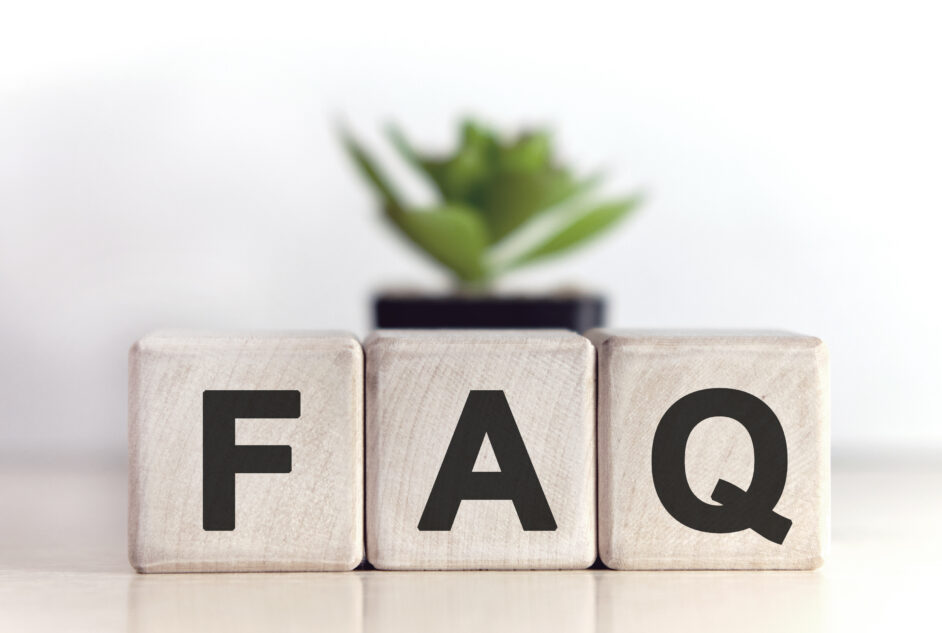Like any advanced system in your home, water softening systems require their own specific kind of upkeep and maintenance. Here, we provide answers to some of the most common questions about water softeners to help you better understand your system. If you have more questions about your water softener, an expert at EcoWater Systems can help you find the answer.
What Should I Do if My Softener is Leaking?
If you believe that your water softener system is leaking, there are a few possible explanations for the water that is pooling or leaking around your tank. The first thing that you can do is feel your tank; if it is cooler than the air that is surrounding it, it’s possible that the pooling water is simply condensation from the sweating tank.
If your tank is not any cooler than the surrounding air, then there may be a leak in the water supply or water recovery storage. First check your system’s water pressure valve; if the pressure is high, you may be experiencing an issue with the valves or regulator. If the pressure is not too high, it’s possible that there is a crack in your tank. Check all around your tank for cracks; if you spot one, you may be able to fix it yourself using a two-part plastic adhesive.
If you don’t spot any cracks in the tank, it’s still possible that there is a crack in the washer or stem of your supply valve. However, if you can’t seem to find any cracks and your system is still leaking, it may be time to replace your tank. Double check to see whether or not your warranty is still in place, and contact a professional to help you repair or replace your tank.
Why is My Water Softener Making Noise?
Water softening systems do tend to make noise every now and then as the system aerates and regenerates the water. This is especially common during periods when it isn’t being used as frequently. However, if your system is making a constant sound, the first thing you can try is unplugging your system to see whether or not the noise persists.
If the noise stops when you unplug it, the issue could be a grinding motor or a cracked seal in the water intake system. If the sound persists after you unplug the system, the issue may lie in the regeneration pipe or water feed. A connection or seal in the pipe might have become cracked or broken and will need replacement.
Which is Better: Potassium Chloride or Sodium Chloride?
Both potassium chloride and sodium chloride provide the same type of water-softening service, so it’s up to your personal preference when it comes to which one you choose to use. Sodium chloride is cheaper than potassium chloride, so it’s generally the more popular option. However, if your medical needs require you to intake less sodium, you should opt for potassium chloride instead.
What Do I Do if the Salt in My Tank is Sticking Together?
Sometimes, the salt pellets in your tank stick together to form one large block. This prevents the water softener from flowing through your system and results in your system being clogged. When this happens, you’ll need to break up the mass and replace the salt.
Where Should I Discard the Brine?
The brine that is discharged from your water softening system contains high levels of salt, so you don’t want to simply dump it in your yard, as this will kill your grass. It’s best to choose a location where plants do not grow, as they cannot survive in extremely salty environments. If you do choose to use it to water your lawn, dilute the brine with water using 20 parts water for every one part brine.
EcoWater can Answer All Your Questions About Water Softeners
If you are experiencing an issue with your water softening system or simply have more questions about water softeners, feel free to consult an expert at EcoWater Systems. Conveniently, located in the grand Las Vegas, NV, we’re more than happy to address any of your questions regarding your water filtration system.

